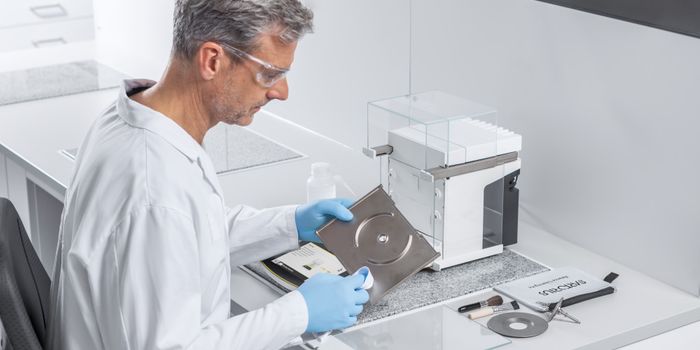Researchers Develop COVID-19 Nasal Spray Vaccine
Researchers from the University of Waterloo in Canada are working on a DNA-based vaccine for COVID-19 that can be applied using a nasal spray.
“When complete, our DNA-based vaccine will be administered non-invasively as a nasal spray that delivers nanomedicine engineered to immunize and decrease COVID-19 infections,” says Roderick Slavcev, a professor in the School of Pharmacy at the University of Waterloo. “This research combines the expertise of many and leverages existing technology developed by my team, which we’re reconfiguring for a COVID-19 application.”
The vaccine will work via a process known as ‘engineered bacteriophage’, allowing the vaccine to trigger an immune response in the nasal cavity alongside targeted tissues such as the lungs in the lower respiratory tract. In this case, particles inside the vaccine will be able enter cells and produce virus-like particles (VLPs) that have a similar structure to SARS-CoV-2, the virus behind COVID-19. Unlike COVID-19 however, they will be harmless.
After producing these SARS-CoV-2 look-alikes, the immune response will be activated to protect against them. It will also start to produce alternative structures that bind to the receptors that SARS-CoV-2 would otherwise bind to, thus limiting sites for possible transmission.
In this way, the vaccine would both be able to help the body build immunity against COVID-19 and decrease the severity of infections as they progress. The researchers thus see that the approach may serve both as a vaccine and a therapeutic.
This nasal vaccine is still some way from human trials however- let alone being available to the general public. This comes as the researchers are still modifying the design of the bacteriophage delivery system so that it may be applied to COVID-19. Further component design and testing of these are expected to happen later this year.
Although perhaps a novel idea in vaccine development against COVID-19, nasal vaccines are not new. In fact, they are already used to immunize people against the flu. Arguably easier to deliver vaccines via nasal spray, researchers have noted that delivery by the nose may impede antigen absorption as mucus often prevents foreign substances, pathogens and particles from reaching the lungs and other tissue. Although not necessarily reflective of the potential for the new vaccine against COVID-19, research has shown that nasal vaccines tend to be less effective than injected vaccines in children.
Sources: University of Waterloo, Global News, AAP









